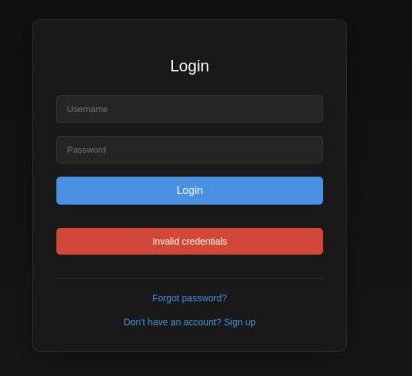https://blog.julik.nl/2025/04/a-can-of-shardines #Rails #Issues #SardineCan #HackerNews #ngated
A Can of Shardines: SQLite Multitenancy With Rails
There is a pattern I am very fond of - “one database per tenant” in web applications with multiple, isolated users. Recently, I needed to fix an application I had for a long time where this database-per-tenant multitenancy utterly broke down, because I was doing connection management wrong. Which begat the question: how do you even approach doing it right? And it turns out I was not alone in this. The most popular gem for multitenancy - Apartment - which I have even used in my failed startup back in the day - has the issue too. The culprit of does not handle multithreading very well is actually deeper. Way deeper. Doing runtime-defined multiple databases with Rails has only recently become less haphazard, and there are no tools either via gems or built-in that facilitate these flows. It has also accrued a ton of complexity, and also changes with every major Rails revision. TL;DR If you need to do database-per-tenant multitenancy with Rails or ActiveRecord right now - grab the middleware from this gist and move on. If you are curious about the genesis of this solution, strap in - we are going on a tour of a sizeable problem, and of an API of stature - the ActiveRecord connection management. Read on and join me on the ride! Many thanks to Kir Shatrov and Stephen Margheim for their help in this.



